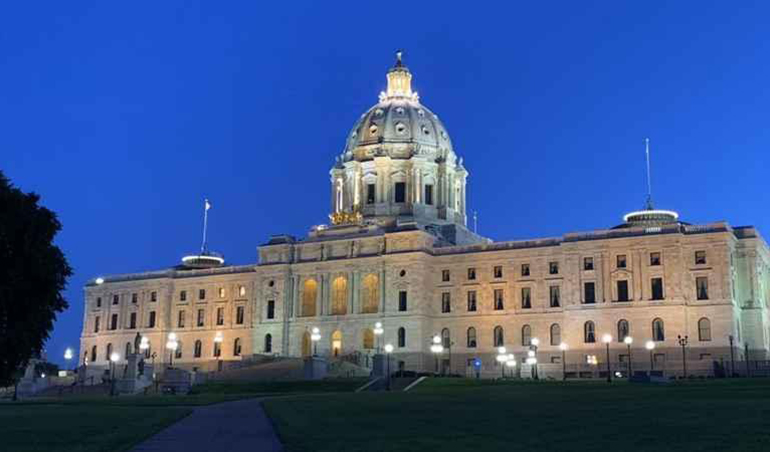Last updated on February 28th, 2021 at 02:11 am
Legal Minnesota sports betting could help the state earn more during the pandemic. However, lawmakers have failed to pass legislation since 2019. The bill to legalize the activity made some progress in 2019.
In 2020, lawmakers reintroduced the bill. However, the coronavirus pandemic derailed efforts to pass the bill. It is back in the current session. Governor Tim Walz said he is open to discussing it, but he is more inclined to legalize cannabis instead.
Senate Majority Leader Paul Gazelka said that sports betting might not make it this year. He blamed it on the pandemic and the difficulties it brings to businesses. Also, lawmakers focused on passing a two-year state budget.
Minnesota Sports Betting
 According to sports betting platform reports, the tribes oppose the legalization of sports betting. They operate 21 casinos in the state. Thus, they are concerned about losing their monopoly. Also, the tribes donated millions to campaigns.
According to sports betting platform reports, the tribes oppose the legalization of sports betting. They operate 21 casinos in the state. Thus, they are concerned about losing their monopoly. Also, the tribes donated millions to campaigns.
Lawmakers met with the Minnesota Indian Gaming Association to discuss how legal sports betting can benefit everyone. According to pay per head sportsbook sources, federal law requires tribes to offer the same gambling in their casinos as that available off-reservation. The 2021 sports betting bill allows sports betting at racetracks and casinos. After a year, online wagering will be available.
Since 2018, states can legalize sports betting in their territories. At present, 20 states and Washington D.C. made sports betting legal within their borders. One of them is Iowa, where parking lots at betting facilities are filled with cars with Minnesota plates during NFL game days.
Many players want to find the best bookie software. In 2019, Americans illegally bet around $150 billion on sports. If legal sports betting is legal in Minnesota, the state would have earned $100 million yearly on a five percent tax. It could have funded education programs, road rehabilitation, and more.


